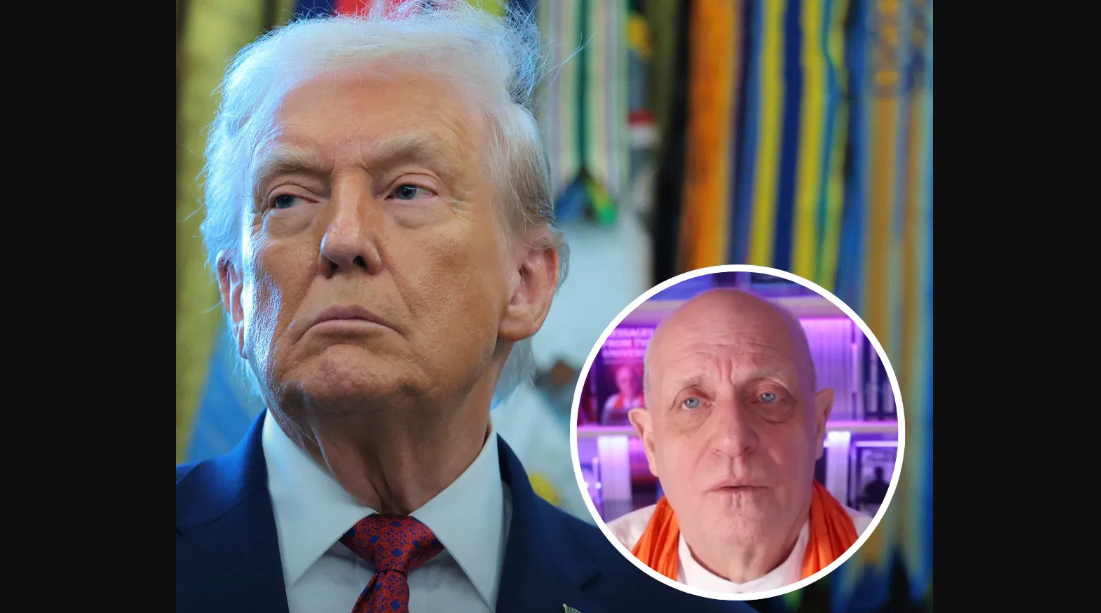At the age of 14, I shared a classroom with a reserved boy named Daniel. His brilliance shone brightly—teachers often spoke in hushed tones about his potential, declaring he was destined for greatness. Though he spoke little, his actions radiated a gentle compassion, always ready to lend a hand.
Then, one day, he vanished from school. Authorities searched, whispers of speculation filled the halls, and his heartbroken parents seemed to retreat from the world.
Time marched forward, yet Daniel’s absence left a lingering void, like a story paused mid-sentence. Years rolled by, and I often found myself reflecting on what might have become of him. His family’s home stood still, curtains perpetually closed, as though frozen in time. I moved through life’s milestones—graduation, career, marriage, and raising children—but Daniel’s quiet presence stayed with me, a memory that surfaced now and then.
Two decades and four years later, as I prepared dinner with a global science summit playing on the television, something caught my attention. There, on the stage, accepting a prestigious humanitarian award, stood Daniel. Older, seasoned, but unmistakably him.
The presenter shared his story: at a young age, he had joined a private research institute, pouring his life into creating technology that empowered children with disabilities. He had chosen a life of quiet dedication, shielded from the spotlight to focus on his mission.
In that instant, the mystery of his disappearance unraveled. Some souls carve their own paths, not because they stray, but because they’re forging something extraordinary. Daniel didn’t simply vanish—he pursued a calling far greater than we could have foreseen.
That evening, I shared his story with my children, telling them, “Always notice the quiet ones—they might be shaping a brighter tomorrow.”







